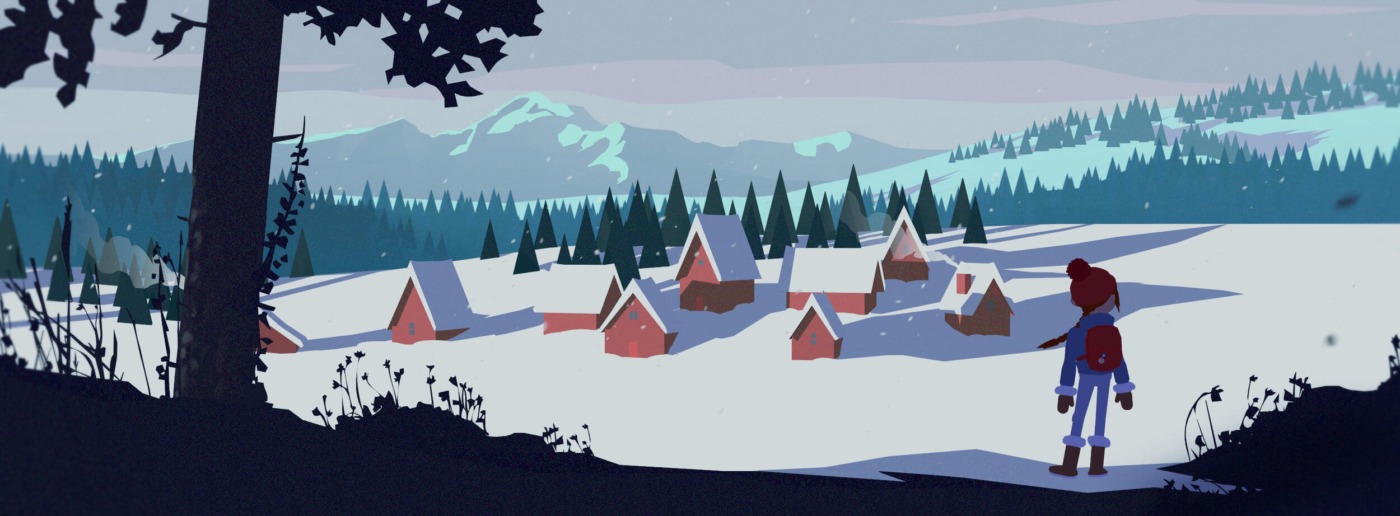‘Röki’ review: a beautiful world that left me frustrated
Polygon Treehouse’s Röki is a beautify crafted world with challenging puzzles but lacks an engaging narrative.
At its core, Röki is a point-and-click adventure based on Scandinavian folklore. The protagonist, Tove, is on a quest to find her little brother who was kidnapped by a mysterious monster in what seemed to be a nightmare. Tove must now go through the dangerous Scandinavian terrain to find him. The premise is a simple one that works very well, but the overall story and gameplay mechanics fell flat.
The Cambridge-based indie studio co-founded by two art directors previously working Guerrilla Games, Tom Jones and Alex Kanaris-Sotiriou, clearly put a lot of heart and work into the aesthetic, and it shows. The environment is simply gorgeous, from snow-covered forests to abandoned churches highlighting the strength and depth of the Unity Engine perfectly.
As a puzzle game, objectives are fairly straightforward – collect items and figure out what you do with them to get to the next area. Unfortunately, I didn’t find the inventory or interaction system intuitive. Once you collect a required item, you would drag them from your inventory to the object in the world it would interactive with. You can also combine collected items inside your inventory. The trouble is, halfway through the game, the inventory started to overflow pretty quickly, meaning I have to drag through the list of items that seem to be randomly organised.
Röki is by no means a bad game, but in such a crowded indie market, it offers nothing unique to the genre
This a tiny grievance compared to frustration I slowly gained through the gameplay. While there is a hint system that causing items in the environment to glow, this doesn’t help when you need to combine items or use them to interact with something. Now I might have a low cognitive ability (if my internship applications are to be believed), but some of these combinations seem to be completely random.
The interaction system is also tedious, requiring far too many steps to drag an item into the world. In addition, while I am hard of sight (i.e. I wear glasses), the expectation for the player to notice to the slightest of changes in the world where a key item is now available is too much to ask. I found myself running back and forth far too often because I missed something, which leads to my final gripe. For as much running the game expects of Tove, she runs around far too slow that it makes it feel like a chore.
But ultimately, I could forgive the flaws in the gameplay if I had an engaging story to get me through, but for me, it didn’t. Röki is a game about grief and family, but at no point could I connect or empathise with Tove’s woes. This wasn’t helped by the lack of voice acting for the dialogue (besides some odd grunts which I immediately turned off), but I understand that this omission was likely due to budget constraints.
Röki is by no means a bad game, but in such a crowded indie market, it offers nothing unique to the genre, which I sincerely believe is a shame.

Comments